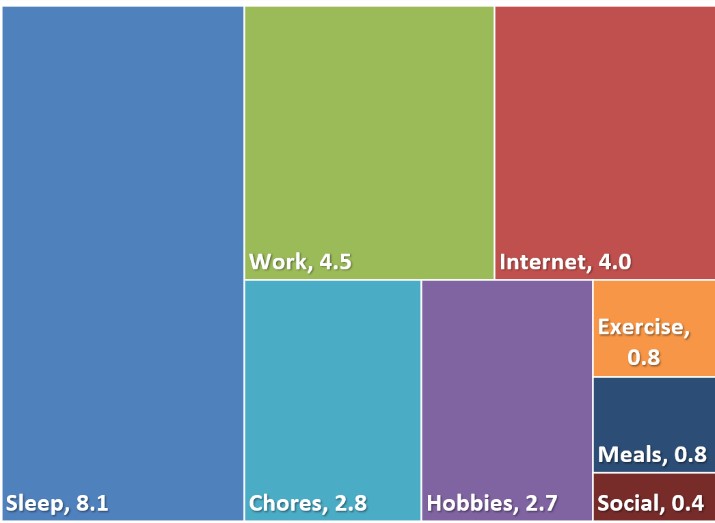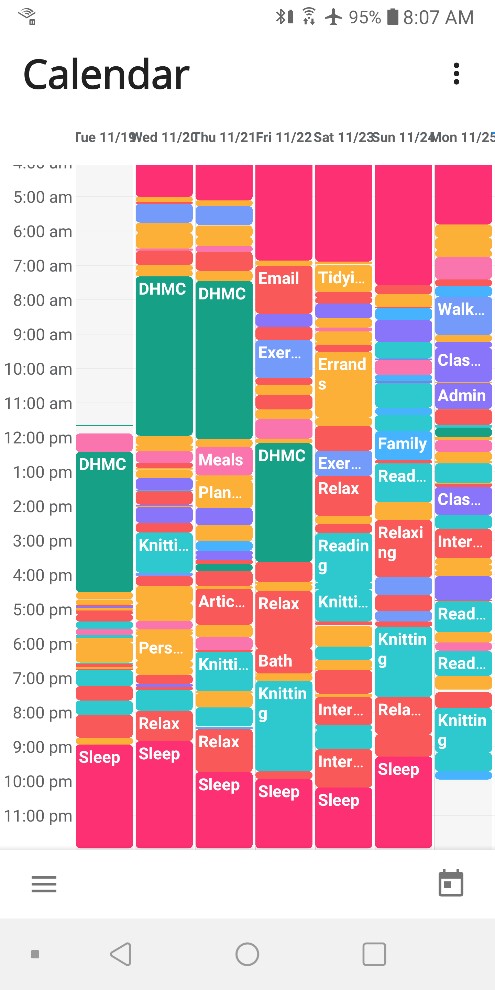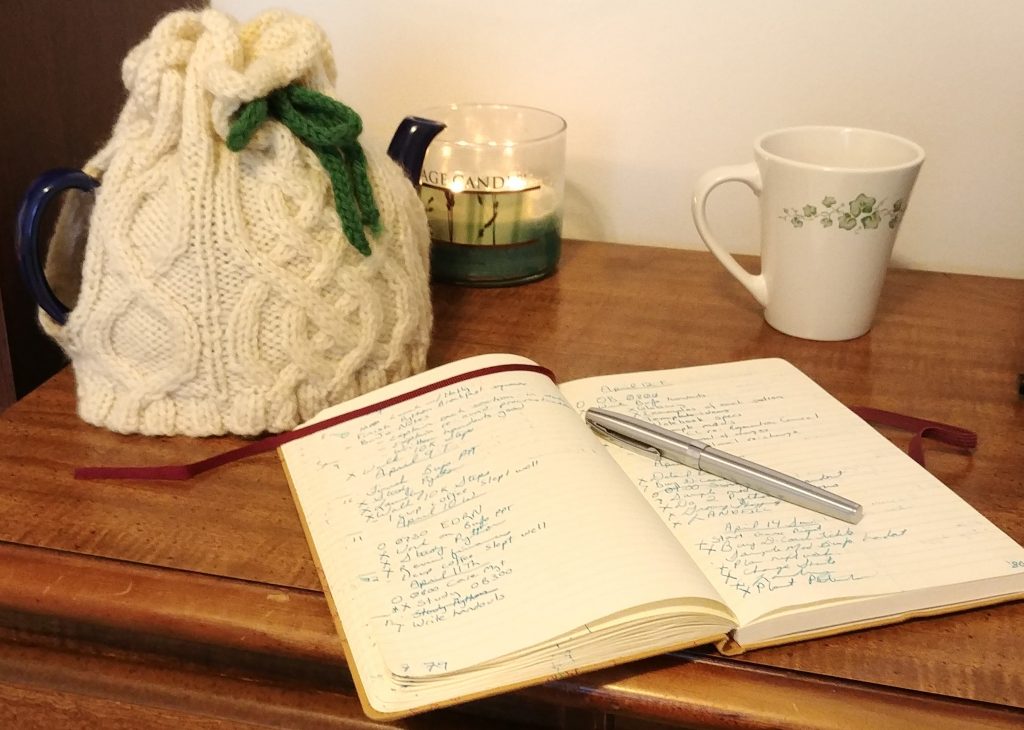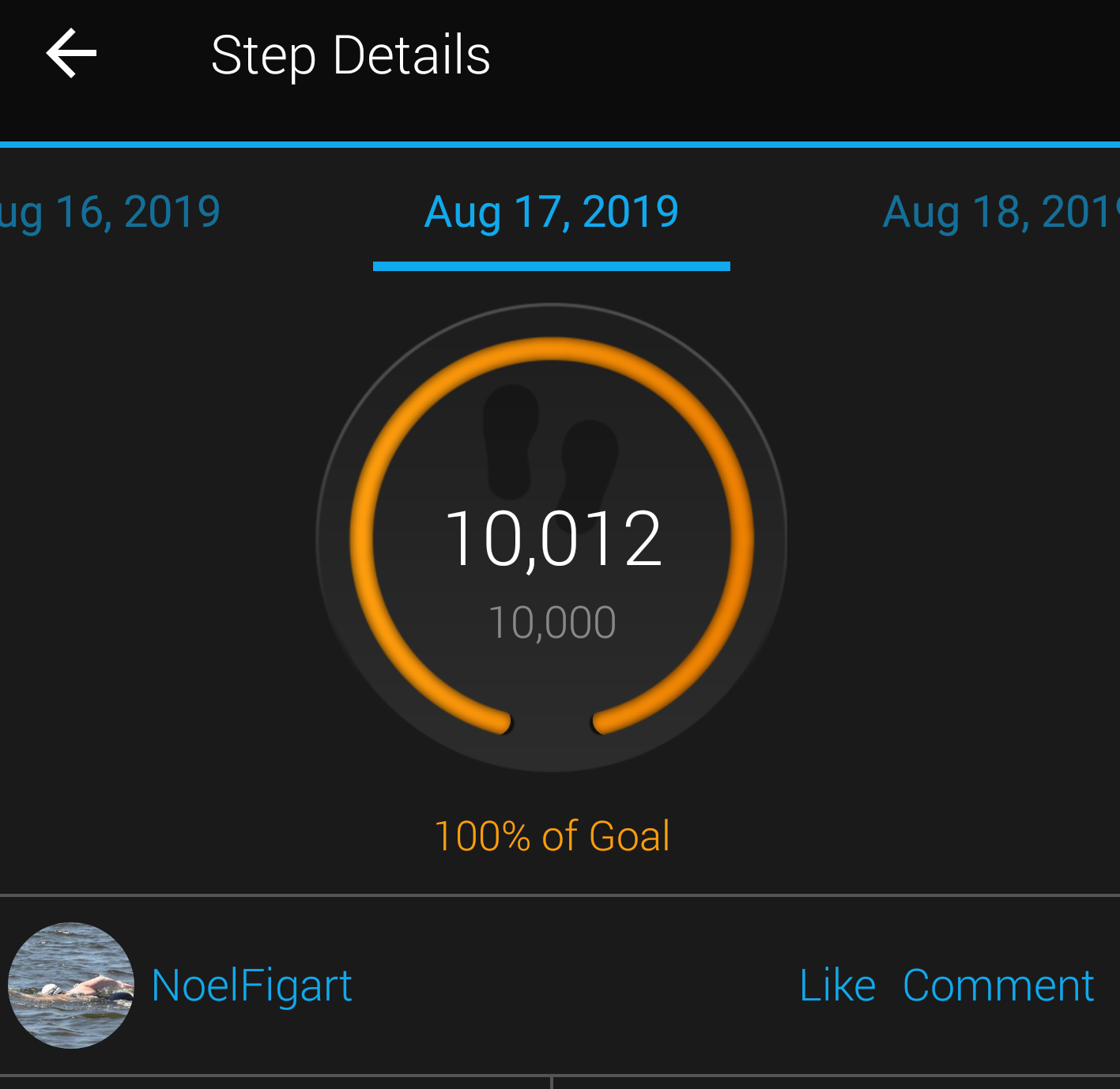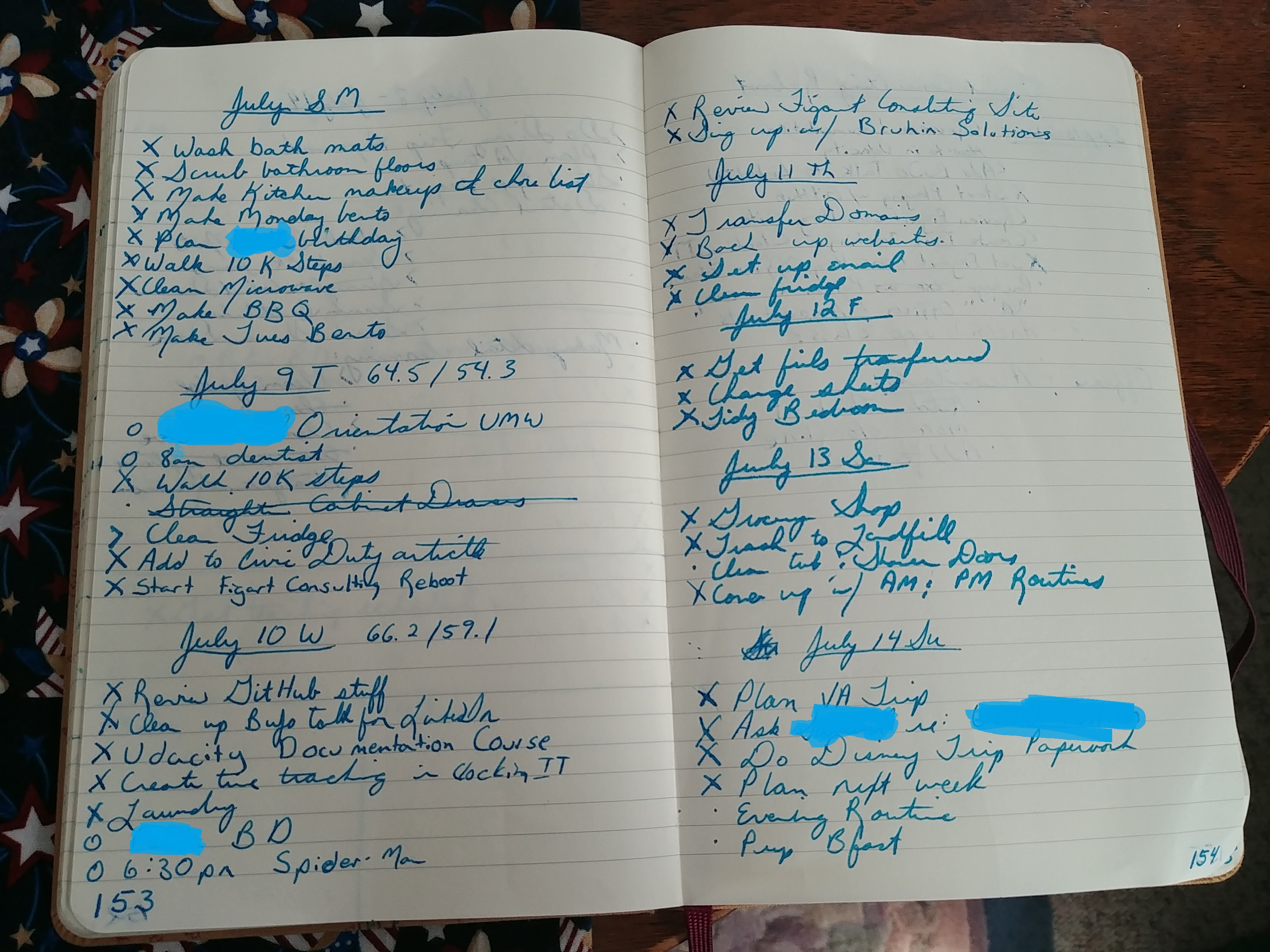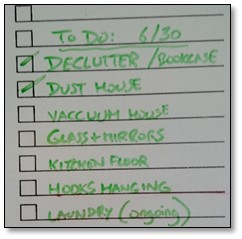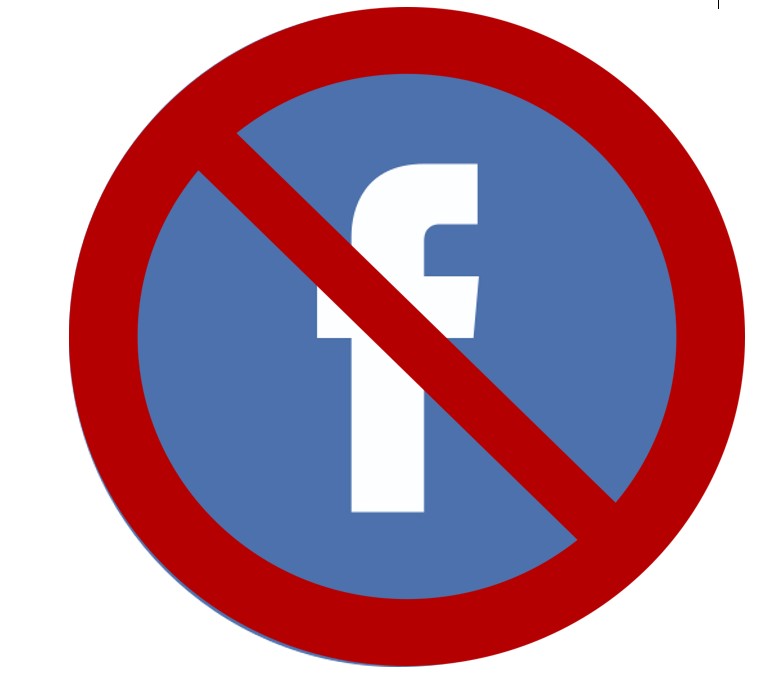
Do you ever wonder why people stay in dysfunctional relationships? If you’re on Facebook and feeling increasingly unhappy about being trapped because it’s the only way your social circle contacts each other, you don’t need to ask that question. You already know.
You’ll make excuses for it. You’ll look for the benefits. Worse, you might actually get some sort of service or support you don’t think you can get anywhere else.
Why Facebook is Bad
I broke up with Facebook recently. When I say I am done, I mean I deleted my profile and everything.
I did it for a lot of reasons, but yeah, the cynical contempt of Facebook’s users by the people who own it, and the corruption behind it, are major motivators. To be frank, I was feeling mistreated.
The reality is that any interaction over Facebook is not happening organically but is being manipulated. We’ve probably all heard about The Notorious Facebook Emotional Manipulation Experiment of 2012.
But it’s more than that direct and blatant manipulation. Our interactions are being guided by advertisements, for pity’s sake! How you connect to a friend on Facebook who is going through significant emotional trouble is being used as data to encourage you to look at advertisements and buy products.
Beyond the very nature of the platform, it is also how Facebook is encouraging us to communicate.
Or think we’ve communicated.
Many of us post updates on our lives from Facebook and think we’ve communicated with our friends. I am increasingly of the opinion that’s not what’s really happening. What I think is really happening is that we’re curating newsletters. Well, that and forwarding other people’s thoughts.[1]
There is a value in curated newsletters, yes – if you’re a public figure, or manage a large interest group of some sort. I’m not, and I don’t… Not anymore anyway.
Oh, sure, sure, social media can make you feel like you are some sort of celebrity and that mass communications are the best way to interact with your fans. And therein lies the danger.
Please don’t interpret this as saying Social Media is Evil and Wrong. It’s not. I’ve used the Internet as a way to meet and develop friendships since the mid-nineties. That means I’ve been using online communication for about half my life –more like 70% of my adult life. I’ve developed many genuine friendships[2] on message boards, discussion groups, and other forms of social media.
I think the disconnect comes in when you’re not messaging people and having conversations personally. Sure, sure, commenting on posts can become a conversation. So often, however, you’re not really doing that. You can acknowledge what you saw with no conversation at all, just by pressing that “Like” button. It’s more like Show-n-Tell. While it has its place to give ideas for conversation, are you getting out on the playground and playing Superheroes, too? Chances are that you’re not.
What I learned from quitting Facebook
I do spend a lot of time online. Yes, some people noticed when I left a platform. So, what happened, and what did I learn?
I worried a couple of friends.
A friend of 30 years or so actually went so far as to text my husband, afraid that something Really Bad had happened to me when my profile disappeared. Yes, I sent him a reassuring email and explained my choice. Another friend thought I’d been mortally offended by something she’d said that I’d commented on and was worried about it. I wasn’t. I told her so. It’s all good.
I had friends comment on the importance of reaching out.
Like me, some of my friends were bullied when they were young. One of the scars this leaves is: Do they really like me, or are they just being “nice?” This will make you slow to reach out. Within 18 hours of deleting my Facebook account and telling people I knew about it, three people made comments about how they were afraid of leaving Facebook because they wouldn’t be convenient to contact and that they’re bad at reaching out. More interesting, every single person I contacted responded with happiness that I did reach out and turned out to need that contact in some way or another.
I’m there. I’m good at reaching out to my parents and son every week. That weekly call and the visits are a pretty ingrained habit that I like. Not so good otherwise. I’ve been conscious of this problem for years. The reality in my case is that Facebook seems to satisfy the “reach out” urge (which is an incredibly low and small signal for me, anyway), and it’s not doing my relationships any good. Like putting artificial sweetener in a hummingbird feeder, I was getting the feeling of being socially satisfied. In reality, I was probably socially starving to death.
There are people who think if you’re not thinking about and reaching out to people urgently, then those people aren’t really important to you.
Sure, sure, if you’re neurotypical, don’t have problems with mental illness, or whatever, maybe. That ain’t me. I’m even willing to bet it ain’t some people who are reading this.
Because I am Not Normal, I wound up writing up a spreadsheet with a bunch of relationships I have and how often I really oughta be contacting them. I know it sounds cold, but I figure it’s no worse than having an address book because it’d be impossible to remember everyone’s contact info. I want to maintain my relationships. I will forget or let time get away from me. I have a tool now to keep me from doing that.
Had friends initiate reaching out
Once I started reaching out, people reached back. That was cool. What was better was that they also started initiating contact, too.
I’m subscribing to a few newspapers and reading more magazines.
Facebook, as a news source, is terrible. We all know it, and we get lazy, letting the news articles forwarded to us be our primary news source. Sometimes I feel like it’s about as reliable as supermarket tabloids. If I’m eye-rolling that, I don’t think I have any business with the Facebook News Feed as my primary news source.
I’ve actually sucked it up and paid for a few online news sources. I’m going to be dedicating some time each day (haven’t decided how much yet) to reading them. It won’t be as much time as I spent screwing around on Facebook, but it’ll be something significant. Being Informed is important, surely. But I don’t think that circulated articles on a platform known to manipulate the feed is a way to go.
Not that I think that commercial soi-disent journalism is exactly pure, either. But choosing a few different sources that I read, myself, should help.
I’ve been integrating this with a Time Tracking Experiment.
Just because I have Border Collie Brain Syndrome[3] and need to give my brain something to do, I decided to track every minute of the day and how I spend it. Yes, it is a tedious pain in the butt and no, I won’t be doing it the rest of my life, but I think it has given me some really important feedback on how I spend the finite moments of my life and what’s worth it to be spending those moments on. The utterly anemic amount of meaningful contact with real people became blisteringly obvious in less than a day, though, and was a factor in this Leaving Facebook thing.
I have not gotten rid of (nor do I want to) all online socialization
Get real. I’ve been socializing at least in part online for nearly 25 years. I do enjoy online chats, even if those chats have moved to a different device or platform.
Email? Look, I was a prolific correspondent even as a teenager before online communication was commonplace. I was always writing some pen pal or other a letter, and even passing notes to my friends in school. Writing is a favorite form of communication for me (duh!), and yes, I write emails even more than I subject my longsuffering correspondents to my atrocious handwriting.[4]
I am feeling less depressed.
I’d been going through a bad period because of Reasons. Facebook was Not Helping. It’s not that things aren’t…. tense in the world right now. They are. Hey, I’m still reading the news and not sticking my head in the sand.
Here’s the deal. Advertisements revolve around making you anxious, then offering a solution for that anxiety. That is specifically how advertising is designed. Facebook’s revenue comes from selling your data and advertising. It is specifically designed to make you anxious. Once I could see the fnords, it helped me realize there are other ways to stay informed about the world, interact socially with geographically diverse friendships and not use a platform that is hurting rather than helping.
The relief was almost immediate. As in, “my fitness watch that measures stress showed it” immediate.
So yeah…
I’ve done more “real writing.”
Just as my low bar for feeling satisfied with social interaction was tripped with Facebook, my somewhat higher bar for feeling satisfied about writing was also tripped.
I’m spending more time on articles – researching more and editing a bit more.
What Can You Do?
You might or might not want to leave Facebook. I have Views, but you don’t have to share them. That said, I want to challenge you a bit. Are you talking to your loved ones outside of a “Post and like” format? I’m not saying you have to call ‘em on the phone. I get that you might prefer to communicate in textual format. Boy, howdy do I get that!
But, instead, try this:
- Email your friends personally.
- Text them if you have text capabilities.
- Talk to them by voice or video call if that’s your fancy.
As you do, think about your interactions and how they work
in social media v. a one-on-one conversation. Do you get a feeling of the whole artificial
sweetener v. nourishing nectar when you interact? How are your stress levels? What is making you happy?
[1] Lookin’ at YOU, Tumblr. You’re next…
[2] For the purposes of this article, I’m saying that the friendship is genuine if we have means of contact outside of public media and use them during Serious Life Events.
[3] I have a mind that’s as active and curious as a Border Collie. If I don’t give it something to do, it’ll find something to do and chances are good I won’t really like the result.
[4] Yes, I still send snailmail letters. They’re fun, and most people are tickled to get a handwritten letter from time to time.

